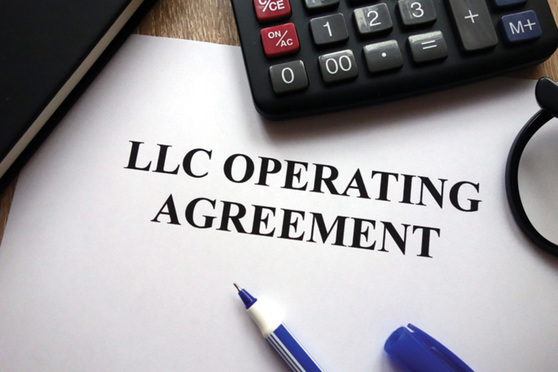 Holders of a minority interest in a limited liability company typically have little to no influence in the management of the company. That being said, aside from their lack of managerial involvement, they are often unaware of the other more substantial risks they may face. In New York in particular, minority members of limited liability companies run the risk of being involuntarily cashed out of the company in a “freeze-out” merger or “midnight merger,” wherein a merger takes place in secrecy—proverbially overnight—without prior notice to the minority members.
Holders of a minority interest in a limited liability company typically have little to no influence in the management of the company. That being said, aside from their lack of managerial involvement, they are often unaware of the other more substantial risks they may face. In New York in particular, minority members of limited liability companies run the risk of being involuntarily cashed out of the company in a “freeze-out” merger or “midnight merger,” wherein a merger takes place in secrecy—proverbially overnight—without prior notice to the minority members.
Pursuant to New York’s Limited Liability Company Law (LLCL) §1002(c), an agreement of merger must be submitted to all members entitled to vote at least 20 days in advance of the proposed merger. However, while this provision may appear to provide protection for minority members, under LLCL §407, “except as otherwise provided in the company’s operating agreement, any action which requires a vote may be taken without a meeting, without prior notice, and without a vote upon the written consent of the holders of the requisite majority.” Thus, absent heightened voting requirements in the company’s operating agreement, the holders of 51 percent or more of the company’s voting power can unilaterally approve a merger or consolidation without prior notice to the minority members, thereby forcing the minority members to surrender their interest in the company in exchange for cash. Moreover, minority members who are involuntarily cashed out have limited recourse under LLCL §1005(b) and Business Corporation Law (BCL) §623, which provide that if a former member disputes the company’s calculation of the fair market value of the former member’s interest, then a special proceeding must be commenced to fix its value.






